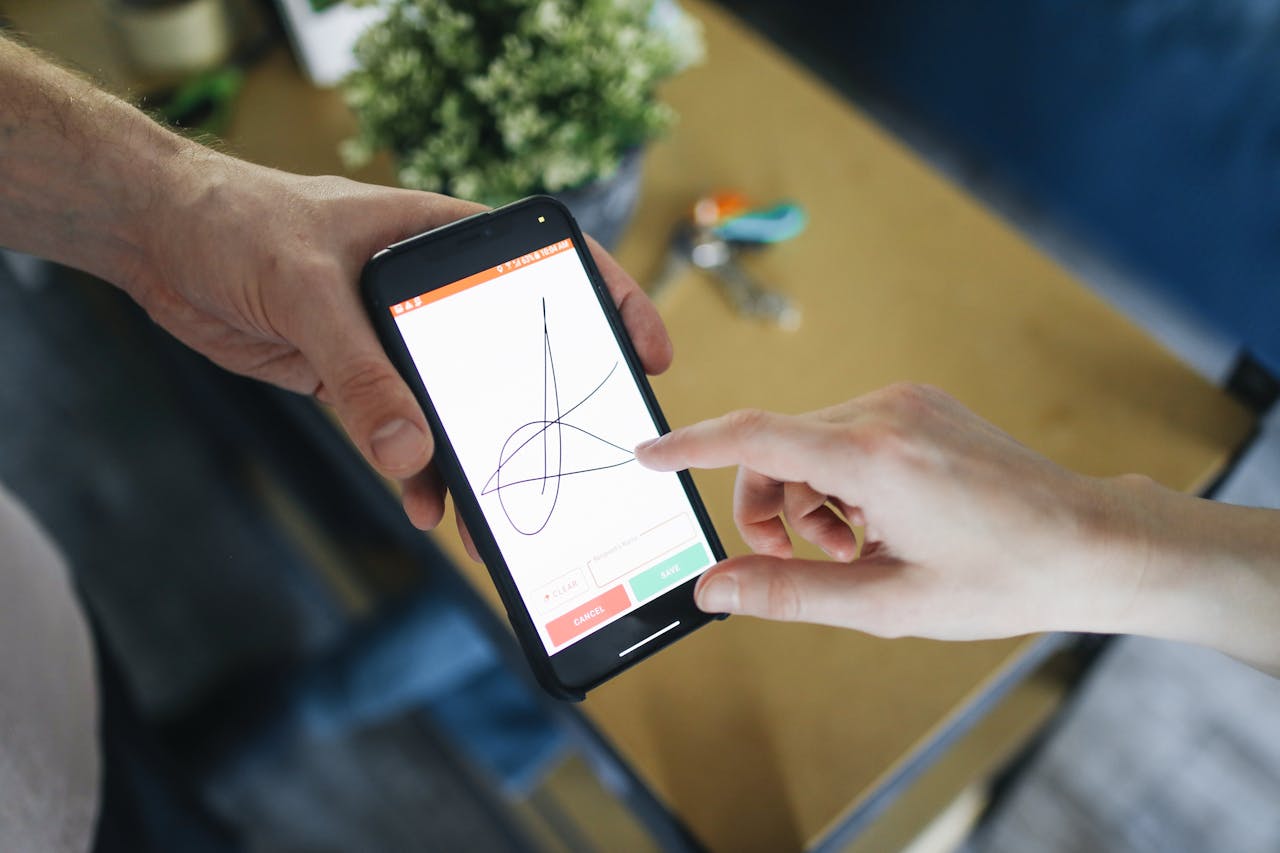
Most important features of a Digital Signature Solution
Table of contents
Quick Access

Digital signatures are not a luxury asset for a company or industry — they are absolutely essential and should already be implemented across all processes that require agreements and legal validity. Don’t have one yet? Then this article is for you. We'll explore the most important features of a digital signature solution.
First things first: context. We need a brief definition of what a digital signature is. TechTarget explains it as: “a mathematical technique used to validate the authenticity and integrity of a message, software or digital document. It’s the digital equivalent of a handwritten signature or a stamped seal, but far more secure.”
Simply put, it’s a software tool that streamlines your business processes, eliminates the need for physical paperwork that could be damaged, lost or — in the worst-case scenario — forged, leading to potential legal issues.
Let's take a look at the core features every reliable digital signature solution should offer.

Key Features of Digital Signature Software
1. High-Level Cryptographic Security
Security is without question the core pillar of any digital signature solution. The best tools rely on asymmetric encryption algorithms such as RSA or ECC, combined with digital certificates issued by trusted Certificate Authorities (CAs). This ensures:
- Signer authentication
- Document integrity
- Prevention of post-signature modifications
According to a study by MarketsandMarkets, the global digital signature market is expected to grow from $7.4 billion in 2023 to $34.8 billion by 2028, driven largely by cybersecurity and data protection regulations.
Read study
2. Legal and Regulatory Compliance
Not all digital signatures are created equal. A trusted solution must comply with local and international regulations such as:
- eIDAS (Europe)
- ESIGN Act / UETA (United States)
- Electronic Signature Laws (Latin America)
This guarantees the legal validity of signatures for any process, whether it’s hiring, service contracts, or financial approvals. If you're dealing with clients in different countries, it's critical that your solution is multi-jurisdictional.
3. Ease of Use and Integration
By 2026, the most competitive solutions won't be the most complex — they’ll be the easiest to use. A digital signature tool must allow:
- Intuitive signature field insertion (e.g., dragging a signature box onto a PDF)
- Signing from any device (web, mobile, tablet)
- Integration with business tools like Microsoft 365, Google Workspace, Salesforce, or HR platforms
More and more companies ask: How can I legally and quickly sign a PDF? The answer lies in platforms that allow you to upload a document, add the signature field, and send it for approval within seconds — with no software installation required.
4. Customizable User Experience
A digital signature solution should adapt to your company’s branding. Being able to customize email requests, the signing portal, and notifications with your logo and color palette builds user trust and improves the signing experience.
It’s also essential to answer common end-user questions, like:
Can I write something when signing? Yes, most platforms allow handwritten signatures, typed names, or uploading an image of your signature — all backed by a digital certificate that gives it legal validity.
5. Full Audit Trails and Traceability
Every signature should leave a digital trail that allows you to verify:
- Who signed
- When they signed
- From which device and location
- What document was signed
This audit trail is essential for compliance with internal policies, external auditors, or legal disputes. It’s a standard feature every enterprise-level digital signature solution must provide.

6. Automation and Workflows
The best solutions allow for customized approval workflows. For example:
- A document is generated by the legal department
- Automatically sent to the project manager
- Then forwarded to Human Resources
- Finally delivered to the external client
All of this happens with no manual intervention. At Rootstack, we've implemented digital signature solutions with workflows as complex as this — reducing approval times from days to just hours.
7. Scalability and Cloud Support
Looking ahead to 2026, cloud-based solutions are the new standard. Why?
- Access from anywhere
- Automatic backups
- Instant scalability based on demand
Additionally, SaaS digital signature platforms like DocuSign, Adobe Sign, or custom-built solutions integrated by Rootstack allow for rapid deployment without compromising security or compliance.
If you're still handling contracts on paper or sending documents via email for printing, signing, and scanning, you're wasting time, money, and efficiency. At Rootstack, we help companies modernize their workflows with robust, secure digital signature solutions tailored to your needs. Want to learn more or request a demo? Contact us today.
Recommended Video
Related blogs

Banking software development company | Rootstack

Firewall solutions for IoT: Protect your business network

IoT Authentication: Key Methods for Protecting Devices

IoT penetration testing: Why it's crucial and necessary

Main IoT security risks and how to mitigate them
